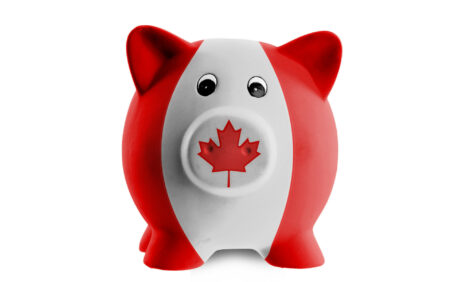



Weekly Overview: New Technology May Help to Feed the World
ANALYSIS - Sustainability - in its widest sense - has hit the headlines in the news in the last week. The need for new technology to feed a growing world population has been discussed at a recent conference, and mention was made of the contribution of genetic improvements to achieving that goal. Canada fears for the economic sustainability of its pig industry as it counts the cost of mandatory country of origin labelling on meat in the US. A new report highlights the growing importance of offals and less popular cuts to the global meat industry. Making the best of the food we produce is also part of the sustainability goal.This year's Oxford Farming Conference brought the questions on genetics, new technology, genetic modification and improvements in agriculture into sharp focus.
At a time when the global population is growing and growing largely in underdeveloped and developing countries, the need to produce more food, more efficiently is unquestioned.
How that increase in production can be met sustainably and economically is the big question taxing scientists, politicians, farmers, processors and consumers alike.
As the Oxford Farming Conference heard this year, genetics has a big role to play in the improvements of yield - whether it is in crops or in animal protein - but genetic improvement is not the sole solution.
"We are now looking at selection for production and fitness and we are even looking at the vet costs in production as well," said Mark Smith, global bovine product development and production director at Genus.
"Genetics have contributed approximately 50 per cent of the phenotypic improvement we have seen over the last 50 years and basically, we need to produce more from less and genetic improvement is going to be key to this," he said.
Also on the subject of sustainability but turning to the future of a nation's pig industry, the Canadian pork industry has called on the US to follow the World Trade Organization rulings on country of origin labelling (COOL) or face retaliatory action.
The Canadian Pork Council (CPC) report shows that the direct impacts on hog producers calculated from official live trade data amount to over $1.9 billion as of October 2012, and were expected to exceed $2 billion by the end of 2012, at the current pace of accumulation of $500 million per year.
The CPC report added that $357 million in pork trade has been lost since the implementation of COOL, and a further $85 million in price suppression of feeder pig trade.
The importance of animal by-products to the global meat industry is expected to alter carcass valuation in the long term after changes in consumer demand has headed a matrix of factors shifting carcass valuation from prime cuts to processing cuts, a new Rabobank report says.
The transition from valuing slaughtered animals around prime meat prices has been observed since 2009. This change could force the processing industry to look at longer term contracts to ensure supply and alter the criteria for sourcing meat, adds the report.








